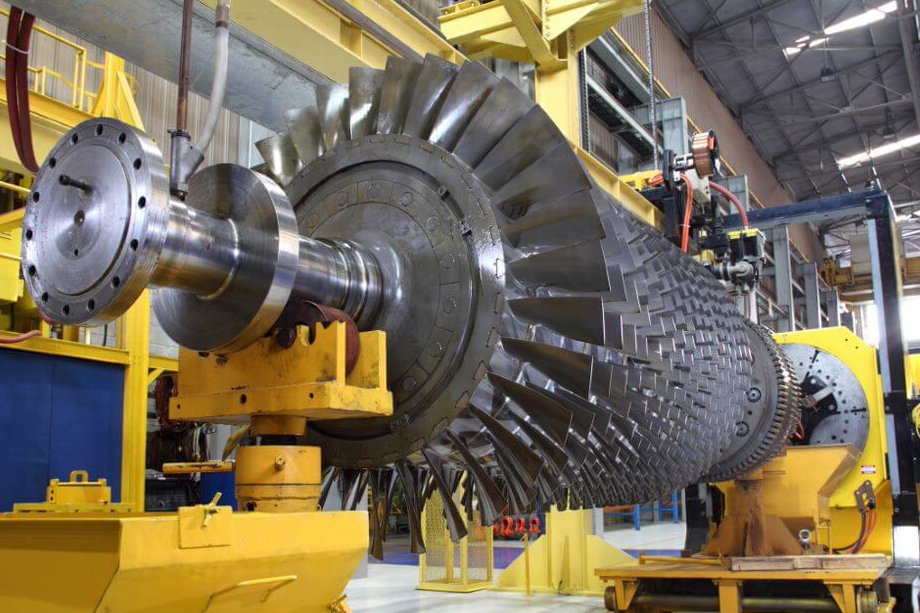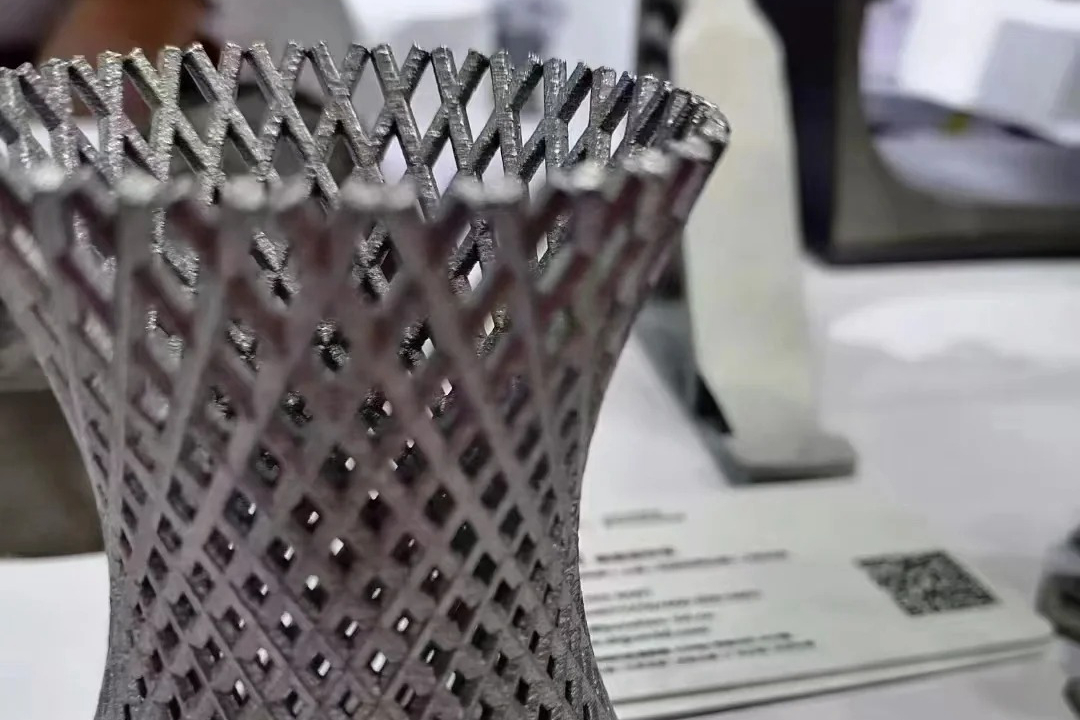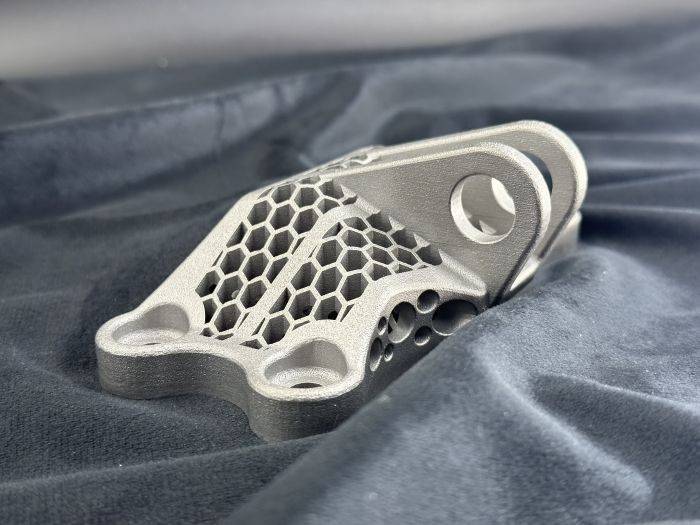Which 3D printing technology is best for producing high-strength metal parts?
Which 3D Printing Technology Is Best for Producing High-Strength Metal Parts?
Best Technology: Powder Bed Fusion (PBF)
For producing high-strength metal components, powder bed fusion (PBF) technology—specifically selective laser melting (SLM) and electron beam melting (EBM)—stands out as the most effective solution. These methods create parts layer-by-layer by fully melting metallic powder, achieving dense, mechanically robust components ideal for critical industrial applications.
Key Advantages of SLM for High-Strength Parts
Selective laser melting (SLM) employs high-power lasers to melt metal powders, achieving part densities above 99.5%. Such densities significantly improve mechanical properties, resulting in tensile strengths comparable or even superior to traditionally fabricated metal components. SLM is particularly effective when using materials like Inconel 718, Ti-6Al-4V, and Stainless Steel SUS316L, each known for outstanding strength, fatigue resistance, and corrosion protection.
Electron Beam Melting (EBM) for High-Temperature Strength
Electron beam melting (EBM) utilizes an electron beam in vacuum conditions, allowing precise melting with minimal residual stress. EBM is particularly beneficial for high-performance materials such as titanium alloys and superalloys, providing excellent fatigue properties, thermal stability, and mechanical strength, especially critical for aerospace, automotive, and medical applications.
Post-Processing to Maximize Part Strength
To achieve optimal mechanical properties, high-strength metal parts often require additional post-processing. Processes like hot isostatic pressing (HIP), heat treatment, and CNC machining further enhance microstructural uniformity, eliminate internal defects, and improve dimensional accuracy. Additionally, surface treatments such as anodizing or PVD coating enhance corrosion resistance and part longevity.
Recommended Materials and Their Strength Capabilities
Commonly selected high-strength materials compatible with SLM and EBM include:
Inconel 718: Tensile strength around 1,350 MPa, widely used in high-temperature aerospace components.
Ti-6Al-4V (Grade 5): Tensile strength approximately 950 MPa, favored in aerospace, automotive, and medical implant applications.
Stainless Steel SUS316L: Tensile strength about 590 MPa, excellent corrosion resistance, suitable for medical and industrial environments.
Customer-Oriented Solutions and Services
To support your specific high-strength metal part requirements, we provide comprehensive, tailored solutions:
3D Printing Technologies:
Explore Powder Bed Fusion including Selective Laser Melting (SLM) and Electron Beam Melting (EBM).
Material Selection:
Choose from our extensive range of superalloys, titanium alloys, and stainless steels optimized for high-strength applications.
Post-Processing & Surface Treatments:
Enhance your printed parts through services such as Hot Isostatic Pressing (HIP), precision CNC Machining, and protective Surface Treatments.



